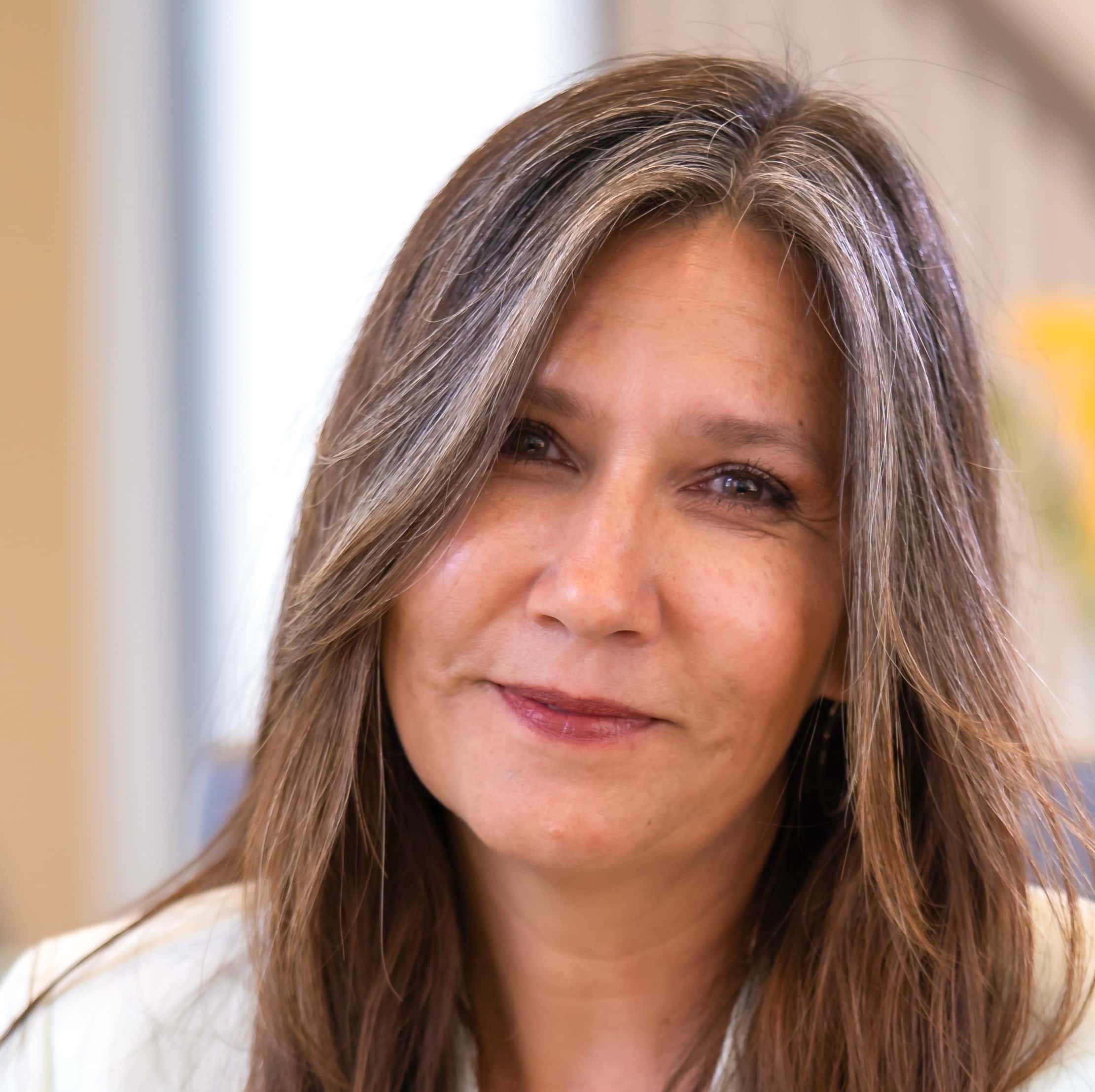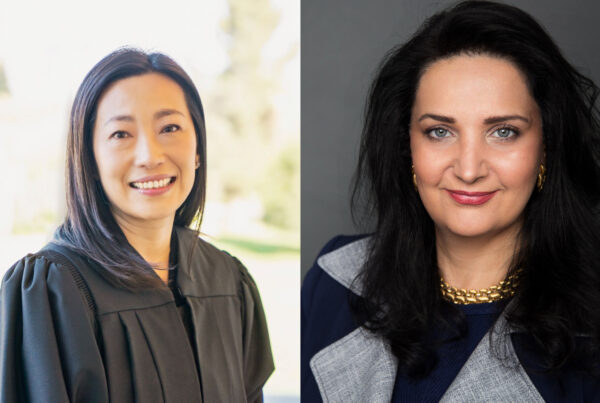EDITOR’S COLUMN
Last night reporter Aidan McGloin and I attended a bench bar symposium where Presiding Judge R. Glenn Yabuno gave a state of the court address for San Bernardino County. The theme was generally that things are getting better. The state of the court address for Riverside County I attended before that had basically the same theme. Both presentation used the word “optimistic.”
Read McGloin's coverage of the San Bernardino event here.
When I first started overseeing court coverage, I ventured into conversations with attorneys thinking there was a backlog because of the pandemic shutdown. I got a tick-tock head movement in response








